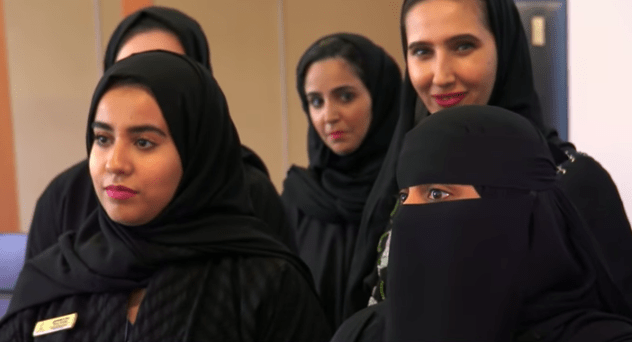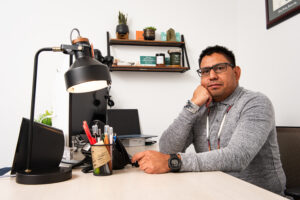Saudi Women Gain the Right to Drive … as Women’s Rights Advocates Are Arrested
Activists believe Crown Prince Mohammed bin Salman is attempting to silence dissent. Screenshot / YouTube
Screenshot / YouTube
After decades of activism, women in Saudi Arabia were finally granted the right to drive by a royal decree in September 2017. This week, 10 women obtained licenses, which they will be able to use starting June 24. The victory is tempered by the arrests of activists who had fought for years to lift the driving ban.
Seventeen women’s rights activists were arrested by Saudi authorities in May, just weeks before the law they worked so hard for was set to go into effect. Among those arrested, Vox reports, “were Loujain al-Hathloul, an activist with a large social media presence; Eman al-Nafjan, a blogger and activist; and Aisha al-Manea, a veteran driving activist—all three women were public leaders in the campaign to end the driving ban.” They were initially detained on changes of undermining security and stability, according to Bloomberg.
Eight of the 17 have been released, at least temporarily, but human rights groups remain wary. “The lifting of the ban on driving is a real contradiction when we see the activists who have dedicated their campaign efforts remain in detention,” Samah Hadid, Middle East director of campaigns at Amnesty International, told NBC on Monday.
Activists suspect the arrests are an attempt by Crown Prince Mohammed bin Salman to silence dissent. Until now, the kingdom was the only country in the world to ban women from getting behind the wheel, a public relations nightmare for a prince who wants to be recognized for modernizing Saudi Arabia.
The young prince made headlines across the world with his October 2017 speech promising a return to a moderate form of Islam, but these arrests have done little to comfort activists who believe his reforms are an attempt to conceal his quest to silence critics and consolidate power.
“What the Saudi authorities seem to be trying to do is to make it clear that firstly, any reform taking place is only due to Crown Prince Mohammed bin Salman,” Rothna Begum, the women’s rights researcher on the Middle East and North Africa for Human Rights Watch, told Vox. She continued, “They are attempting to revise the history of the actual activism that took place by these women’s rights activists.”
While women will soon be allowed to drive, protests are still illegal in Saudi Arabia, and all major decisions are made by the royal family.
Your support matters…Independent journalism is under threat and overshadowed by heavily funded mainstream media.
You can help level the playing field. Become a member.
Your tax-deductible contribution keeps us digging beneath the headlines to give you thought-provoking, investigative reporting and analysis that unearths what's really happening- without compromise.
Give today to support our courageous, independent journalists.






You need to be a supporter to comment.
There are currently no responses to this article.
Be the first to respond.